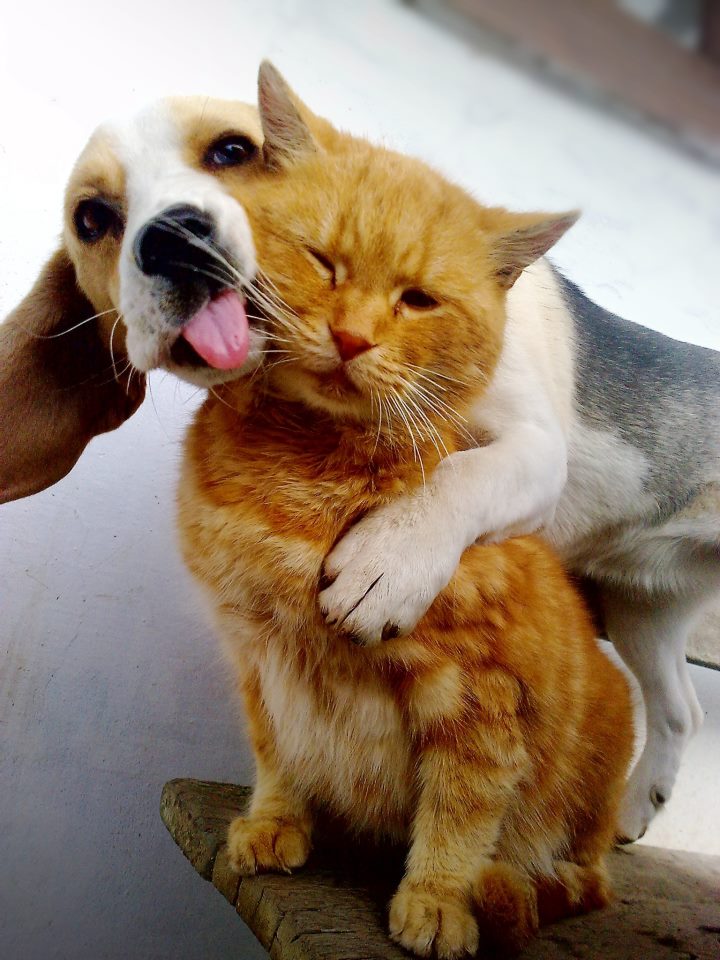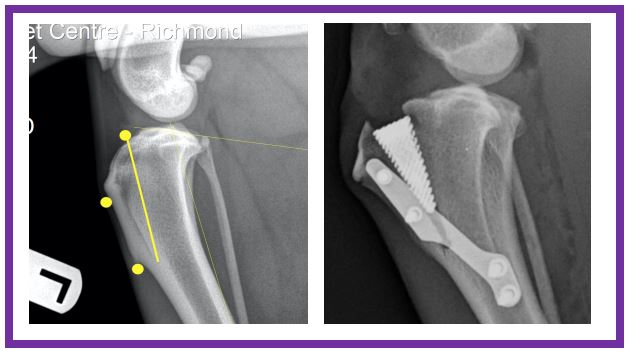Socialisation; why is it crucial for your puppy? Puppies go through the same developmental stages…

Worming Your Cat and Dog
Worming Your Cat and Dog
Worms are a common cause of ill health in dogs and cats and can cause symptoms ranging from poor condition, loss of appetite, pot belly, vomiting and diarrhoea, coughing, anaemia and even death. Young animals and those who scavenge or hunt are most at risk of worms and treatment for worms is especially important in these animals.
There are four worm types in New Zealand – round worms, hookworms, whipworms and tapeworms.
Roundworms are white, and round bodied. They may be vomited up or passed out in the stool. If present in large numbers they can cause ill heath or stunting of growth. Young animals can be infected through their mother’s milk and pregnancy and high burdens can occur in puppies and kittens of mothers who have not been regularly treated.
Tapeworms are long, flattened segmented worms that live in the intestine. Eggs develop in the segment, which then breaks off the worm, looking like grains of rice in the stool. Animals can be infected from birds, mice and rats; but also from infected fleas, therefore good flea control helps reduce infection. Fortunately, the Hydatid tapeworm is no longer common in dogs and can occur only when dogs are fed infected, uncooked sheep or goat offal containing cysts.
Hookworms can cause very severe signs including blood loss and weakness, and severe infestations can be fatal.
Whipworms resemble a stock whip and cause weight loss or diarrhoea in dogs.
Roundworms, tapeworms and hookworms can occasionally be a health hazard for people. Infection occurs simply by swallowing the eggs or larvae and this is most likely with young children who are playing with puppies, or who are in a soiled environment. Regular worm treatment combined with simple hygienic measures such as ensuring young children wash their hands after contact with pets and particularly before eating, will minimise the risk of infection.
Worming Schedule for dogs and cats:
Puppies and kittens should be treated with an all-wormer Fortnightly from 4 weeks of age until 12 weeks, monthly until 6 months and then every 3 months for the rest of its life
If your dog lives or regularly visits a sheep farm, they may need to be wormed more frequently. Please contact contact us for further advice.


